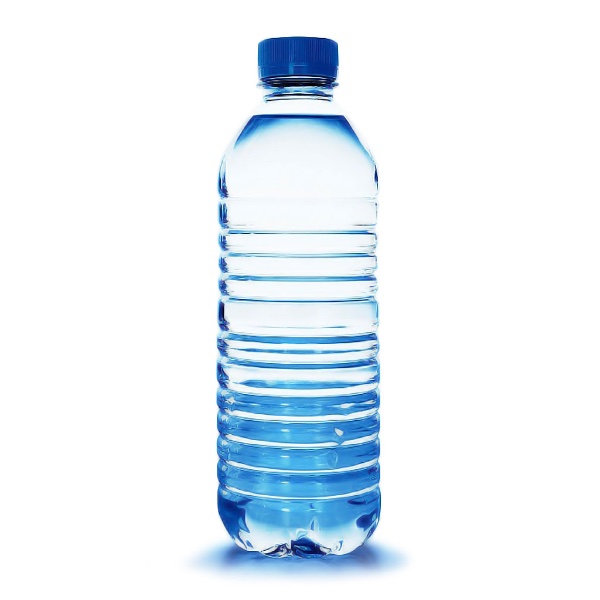In this article we answer the question – does bottled water expire?
We’ve all been there – reaching for a refreshing bottle of water, only to notice that it expired several months ago. Does this mean you should toss it out immediately, or is it safe to drink? In this article, we’ll dive deep into the world of bottled water expiration dates, why they exist, and how they can affect your health.
Does Bottled Water Expire? Understanding Water Expiration Dates and Health Implications
By the end, you’ll have a clear understanding of why making informed choices about the water you drink is essential for your well-being.

Why Do Bottled Waters Have Expiration Dates?
The presence of expiration dates on bottled water can raise eyebrows, but it’s crucial to understand that it’s not the water itself that degrades over time. Instead, it’s the plastic container that poses a potential threat. Most bottled water comes in containers made of materials like polyethylene terephthalate (PET) for retail bottles or high-density polyethylene (HDPE) for water cooler jugs.
The alarming fact is that these plastic containers can release harmful chemicals into the water when exposed to certain conditions, such as excessive heat, sunlight, or prolonged storage. These chemicals can not only alter the taste of the water but also have serious health implications for consumers.
To ensure your safety, many bottled water companies print a two-year expiration date on their products. However, this date is more of an estimate, as it’s challenging to predict precisely when plastic degradation will occur. Unfortunately, many bottles are exposed to high temperatures shortly after purchase, especially during the summer months. This means you could potentially be exposed to harmful chemicals well before the indicated expiration date.
Health Implications of Consuming Expired Bottled Water
On hot days, the desire to reach for a cold bottle of water is entirely understandable. However, research from Arizona State University reveals a troubling fact: the hotter the day, the faster toxic plastic chemicals can contaminate the water within. In essence, you may unknowingly be harming your body when trying to stay hydrated.
Continued consumption of water from compromised plastic bottles can lead to various health issues, including:
1. Increased Risk of Metabolic Disorders:
Overexposure to plastic chemicals, such as bisphenol A (BPA), has been linked to metabolic disorders like obesity.
2. Developmental and Reproductive Effects:
Prolonged exposure to plastic can result in decreased fertility and adverse effects on reproductive development.
3. Hormone Imbalances:
Plastics can disrupt your endocrine system, leading to hormone imbalances with far-reaching health consequences.
4. Cancer Development:
Certain chemicals in plastic have been associated with an increased risk of cancer.
5. Impaired Immunity:
Plastic exposure can weaken your immune system, making you more susceptible to illnesses.
6. Birth Defects:
Children exposed to plastic at a young age can experience birth defects and developmental issues.
Given these alarming health risks, it’s imperative to take proactive measures to minimize your exposure to plastic chemicals, starting with the water bottles you choose.
Best Practices for Safeguarding Your Health
Reducing your exposure to harmful plastic chemicals is a wise choice for your overall well-being. Here are some practical steps you can take:
1. Evaluate Your Use of Plastic:
Assess your current plastic usage, including food packaging and toys. Whenever possible, replace plastic containers with glass alternatives or opt for wooden toys.
2. Use Glass or Aluminum Water Bottles:
Since water bottles are particularly susceptible to plastic leaching, consider switching to glass or aluminum bottles. These materials won’t compromise the quality of your water or your health.
3. Choose Healthier Bottled Water Brands:
Look for bottled water companies that prioritize clean and safe packaging methods. Investing in high-quality bottled water with reusable containers is not only better for your health but also cost-effective in the long run.
In conclusion, the presence of expiration dates on bottled water serves as a reminder of the potential risks associated with plastic containers. While water itself doesn’t expire, the plastic can degrade over time, releasing harmful chemicals that can harm your health. By making informed choices about the water you drink and the containers you use, you can protect yourself and make a positive impact on your overall well-being. Don’t settle for plastic bottles that can compromise your health; choose a healthier bottled water alternative today, and your body will thank you.
Take a look at more prepper stuff here.
